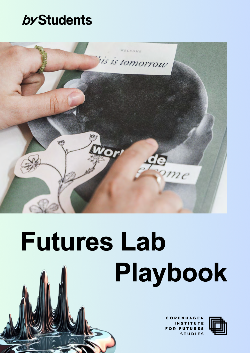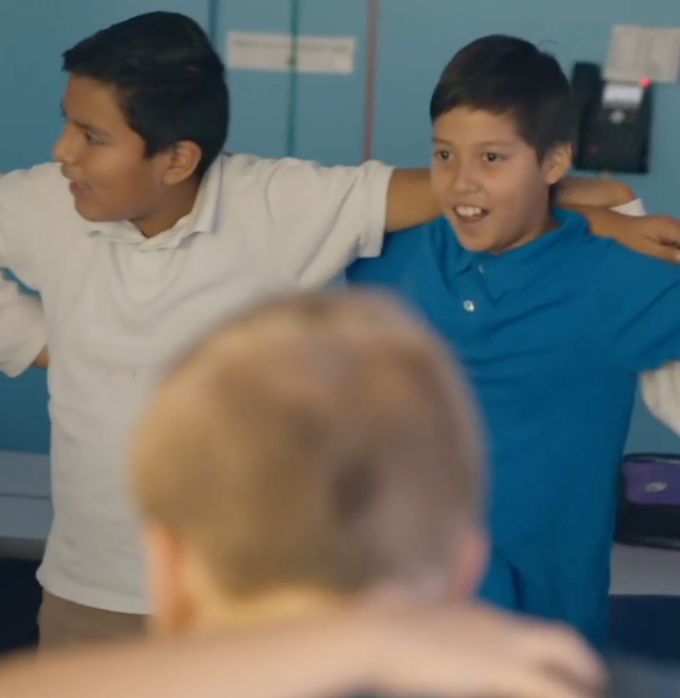September 19, 2025
Teaching
Food education as a pathway to empowerment and equity

The 2025 World Happiness Report highlights that the act of sharing a meal is one of the strongest predictors of well-being. Photo by Rendy Novantino on Unsplash
Sandra Ericson is an author and retired educator who chaired the Consumer Arts and Science Department at City College of San Francisco for nearly three decades. Her work highlights human ecology—a holistic approach to education that treats food education as the foundation for life skills, survival, and the confidence to thrive in complex environments.
She argues that because food is central to personal health, community resilience, and social well-being, food education should be a core part of the public school curriculum. Teaching food and nutrition builds essential life skills, fosters independence, and strengthens community bonds. Sharing meals, she notes, reduces isolation, builds trust, and offers a powerful way to reclaim community in a culture of disconnection.
From her experience, food education within a human ecology framework helps students develop a human-centered mindset for decision-making throughout life. Yet, despite food’s foundational role in every society, few U.S. schools offer food classes in dedicated labs. As a result, many young people enter college without basic food knowledge or cooking skills, let alone the confidence and social ease that come from sharing meals, building connections, and cultivating a sense of belonging through the simple act of cooking and eating together.
"Social meals activate the brain’s endorphin pathways, which are associated with oxytocin and dopamine—neurochemicals that foster bonding, pleasure, and trust, according to a 2017 study published in the journal Adaptive Human Behavior and Physiology. This biological response makes communal eating a particularly effective way to gain trust and confidence, which can take place at home and school."
"Learning about food is more than just nutrition or sustenance—it’s about how personal food sovereignty helps reweave the social fabric, and how “nested” skills (advanced skills that build upon foundational ones) play a role in strengthening human capital. By prioritizing food education and food-centered community initiatives, we can mend social trust, strengthen community bonds, and lay the groundwork for a more connected and resilient future."
ARTICLE: Why Food and Nutrition Deserves Its Own Public School Curriculum




